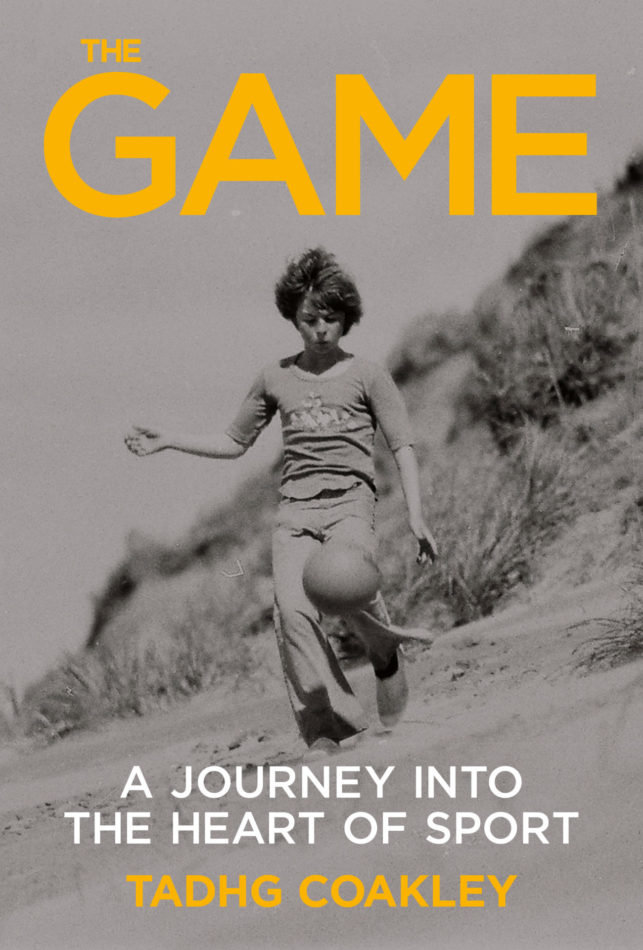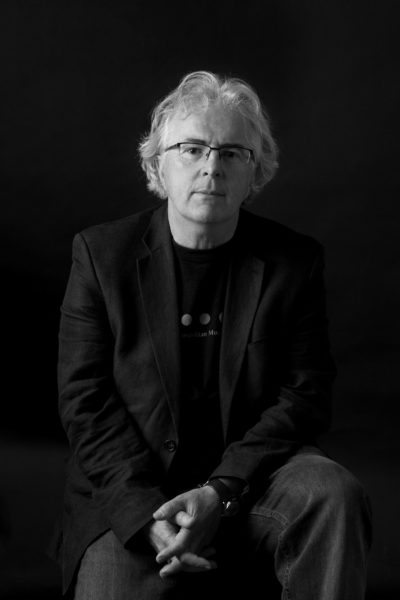
The Game is a multifaceted meditation on sport. It is part memoir, outlining my time as a player and fan of sport and how it has shaped my life. It is also a book of essays critiquing several aspects of sport, both good and bad, and showing its influence in the wider world. It is also a work of auto-fiction, wherein I try to use my novelistic abilities to chart narratives, personal and public. It is, finally, a work of scholarship, interweaving my view of a life spent inside and outside the white lines with the cultural discourse of previous writers and thinkers on the many themes explored.
This book is a kind of communication between my life and sport. It also shows how sport works.
It is part subjective: a memoir of my involvement in sport as a player and as a fan; and part objective: a book of essays critiquing the interactions of people and sport, using social, cultural and literary discourse. The book is both personal and universal, where I use my own experiences to explore the experiences of everybody who interacts with sport and art.
The Game is an exploration and explanation of what sport means, why it is the world’s largest single consumer product and such a dominant/pervasive presence in Irish culture. Why, for example, were the terms ‘European Championships’ and ‘Premier League’ the top Google searches in Ireland for 2021? Why was Christian Eriksen the most searched person?
I’m trying to interact with sport in the way that Olivia Laing interacts with isolation (The Lonely City) Sinéad Gleeson and Emilie Pine interact with the female body and female experiences (Constellations and Notes to Self), Doireann Ní Ghríofa interacts with being haunted by an eighteen-century poet (A Ghost in the Throat) and Fintan O’Toole interacts with Irish history (We Don’t Know Ourselves).
This is a book that needed to be written. We are consuming sport in ever-greater gulpfuls – often blindly. The men’s Football World Cup in 2018 was watched by 3.5 billion people. The 2020 Summer Olympics in Japan (held in 2021) involved athletes from 206 countries. The Premier League is shown live in 212 territories to 643 million homes with a potential TV audience of 4.7 billion people. The ‘coverage’ of sport is vast: newspapers, magazines, books, a whole raft of TV channels in many languages, websites, podcasts, blogs, radio stations, hourly sports bulletins with every news cycle.
Why is that, and what does it mean?
I do not romanticise or idealise sport. Sport has a dark side and is rife with greed, corruption, sexism, homophobia, nationalism and a raft of toxic masculine behaviour – and I interrogates my own behaviour and attitudes in respect of some of these.
On the other hand, in sport – as in art – people (children especially) can forge their own identities in grace, imagination and the possibility of what may be. This contradictory duality and the cognitive dissonance it carries with it is one of the most fascinating aspects of sport. Sport, like story, is mostly about loss. Ultimately, sport, like story, is about what happens to the fans outside the white lines and, for the readers off the page. What F. Scott Fitzgerald (in a sporting context) called the ‘messy, spotty and tortuous’.
The Game covers topics relating to sport such as identity, memory, family, the miraculous, the collective, art, toxic masculinity, homophobia, corruption, sexism, loss, time, ecstasy, the body, masculinity, joy, innocence and love.
Especially love.
Where To Get It
Praise for The Game
“This is a towering work. … The essays ‘Miracles’ and ‘Kisses’ are two of the most beautiful, poignant and heartfelt pieces of writing I’ve ever read. Tadhg is clear-eyed, intelligent, and unrelentingly honest about the darkness that pervades the business of sport and its capacity to arouse our basest instincts … He asks the hardest of questions and delivers unflinchingly honest answers. This is no paean … it is a brilliantly forensic and startlingly objective account of the ways that sport at once transcends, debases and delineates our humanity. Tadhg admits to feeling like an outsider but he is firmly and undeniably in the inner circle of the great sportswriters. And he is clearly, though he’d probably deny it, the truest of sportsmen.”
Donal Ryan
“The Game is a heartfelt exploration of sport and so much more. A many-chambered book that is empathetic and engaging.”
Mary Morrissy
“Any of us who write about sport will have thought about writing this kind of book at some point. An attempt to understand sport, to explain it (and us), to stake its outer boundaries in our own peculiar way. Thankfully for all concerned, Tadhg Coakley has saved the world the bother of having to plough through all that. The Game is a thoughtful, artful gem.”
Danny Denton



